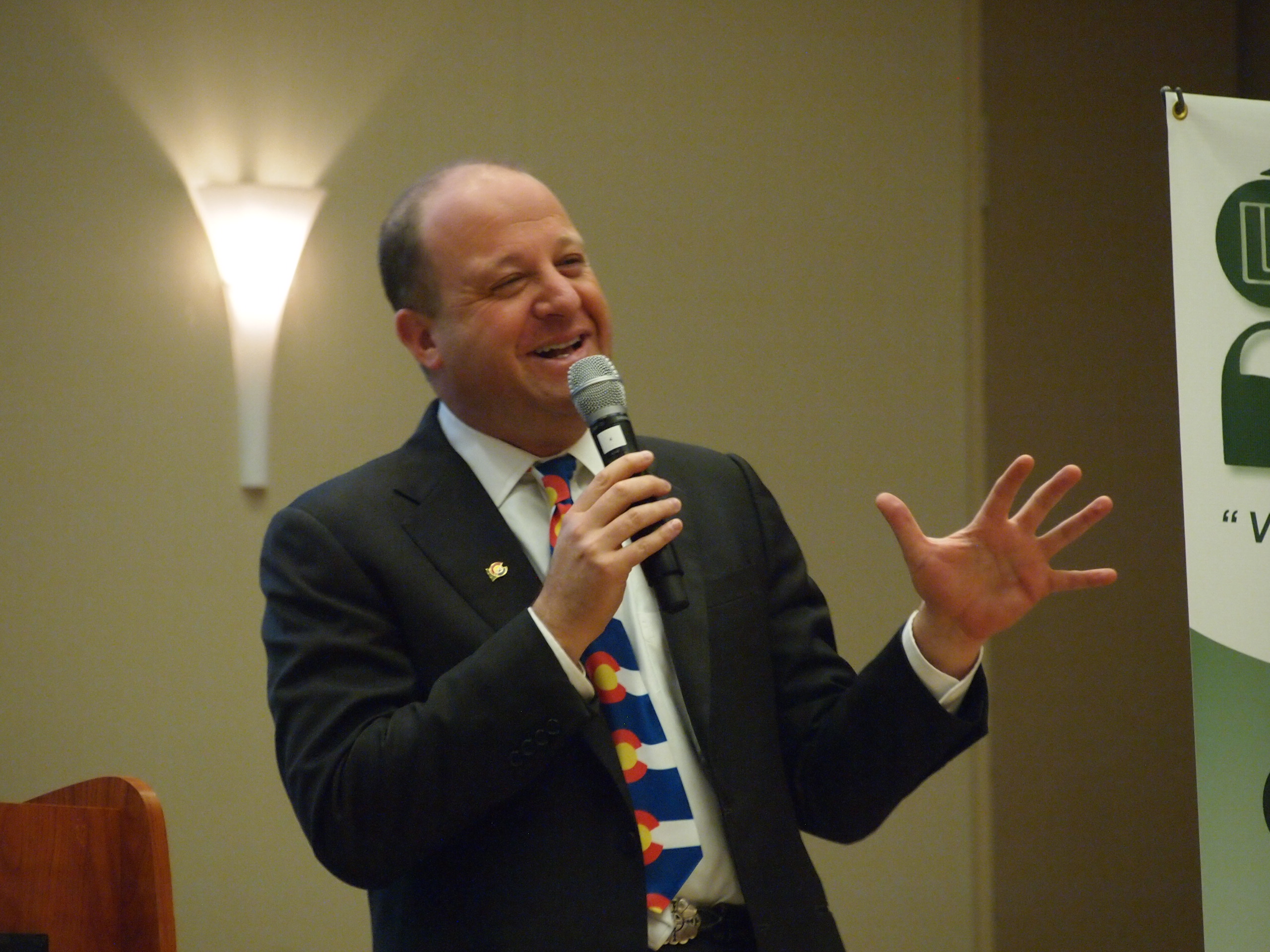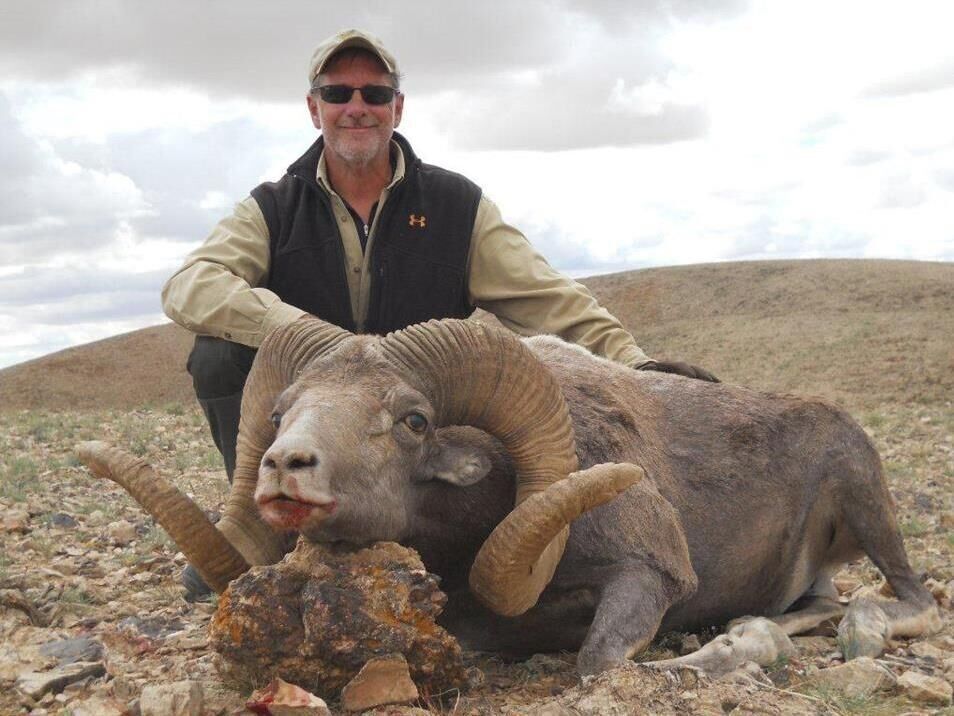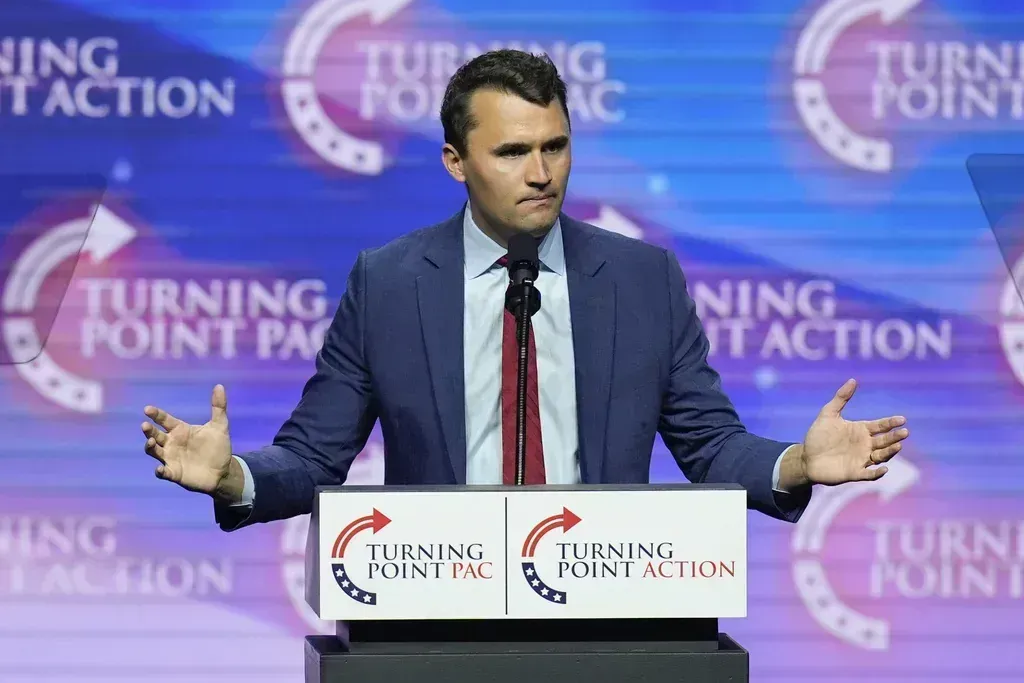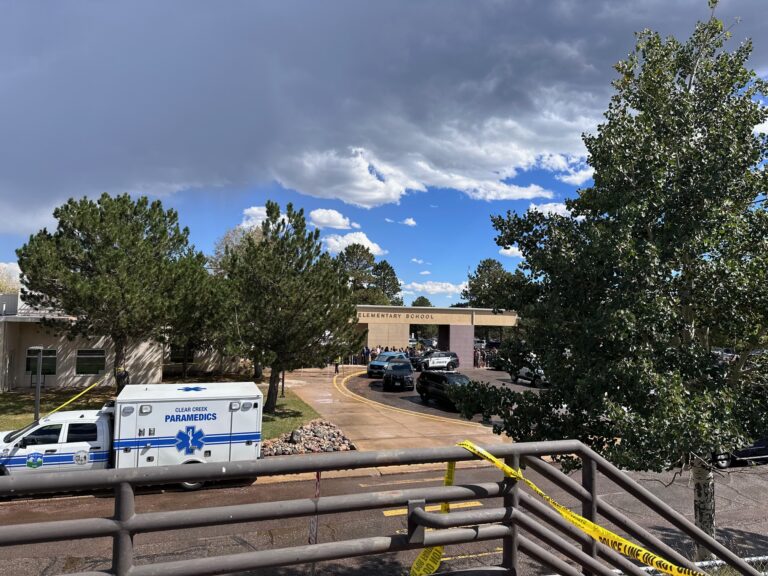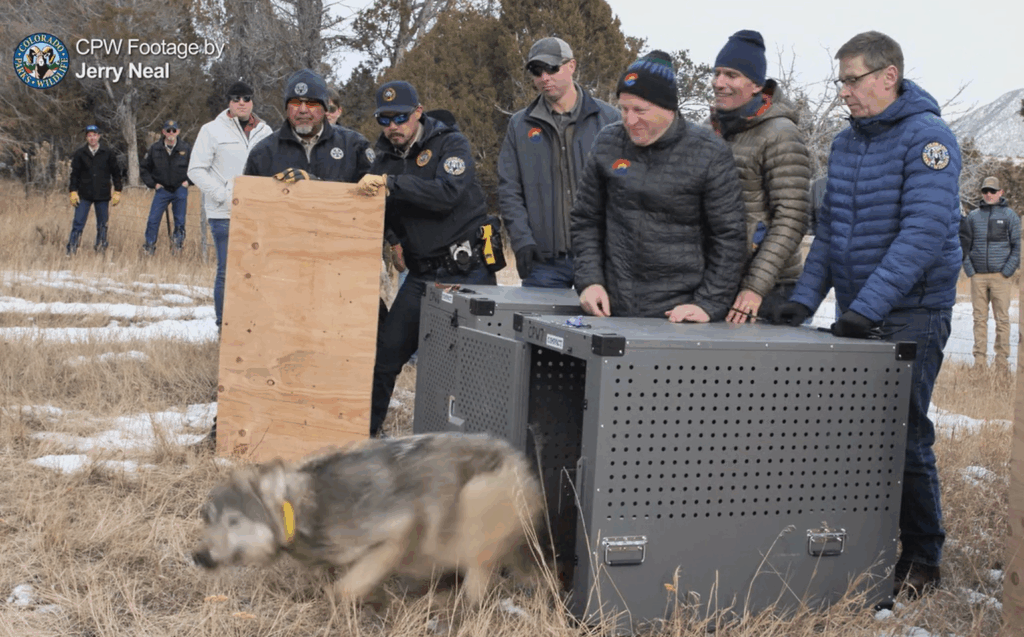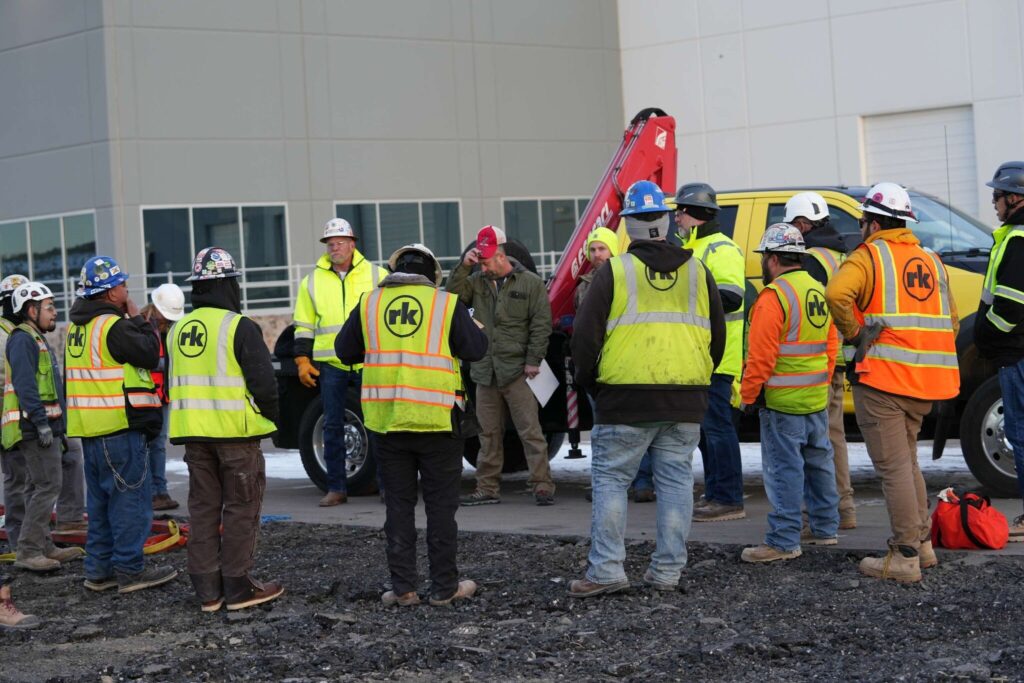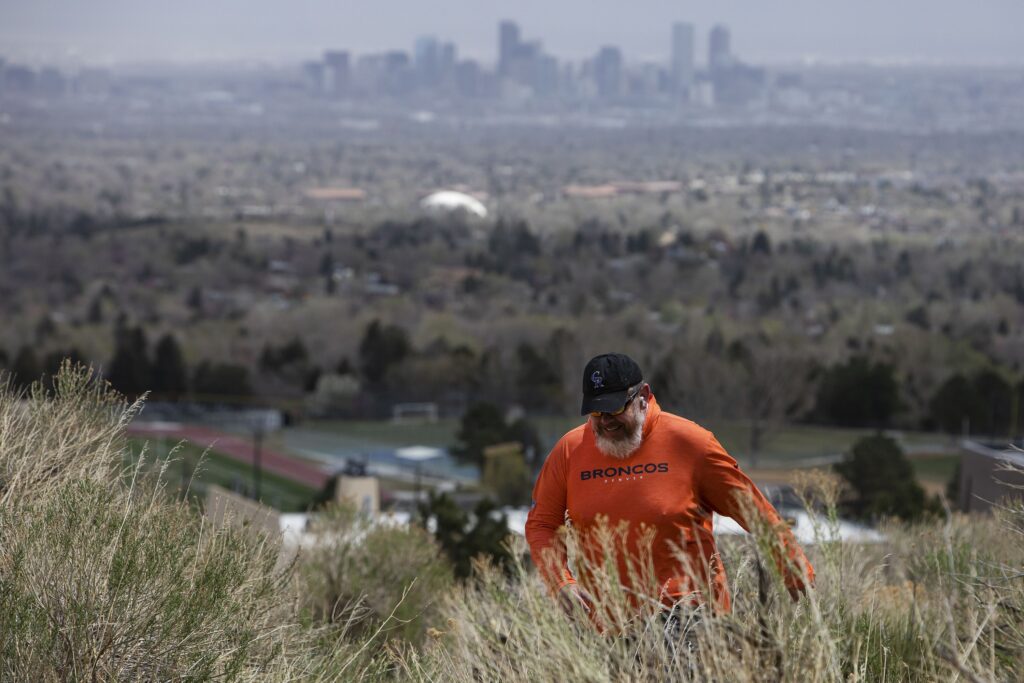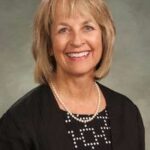After skipping last year’s conference, Polis talks BLM move, health care at Club 20
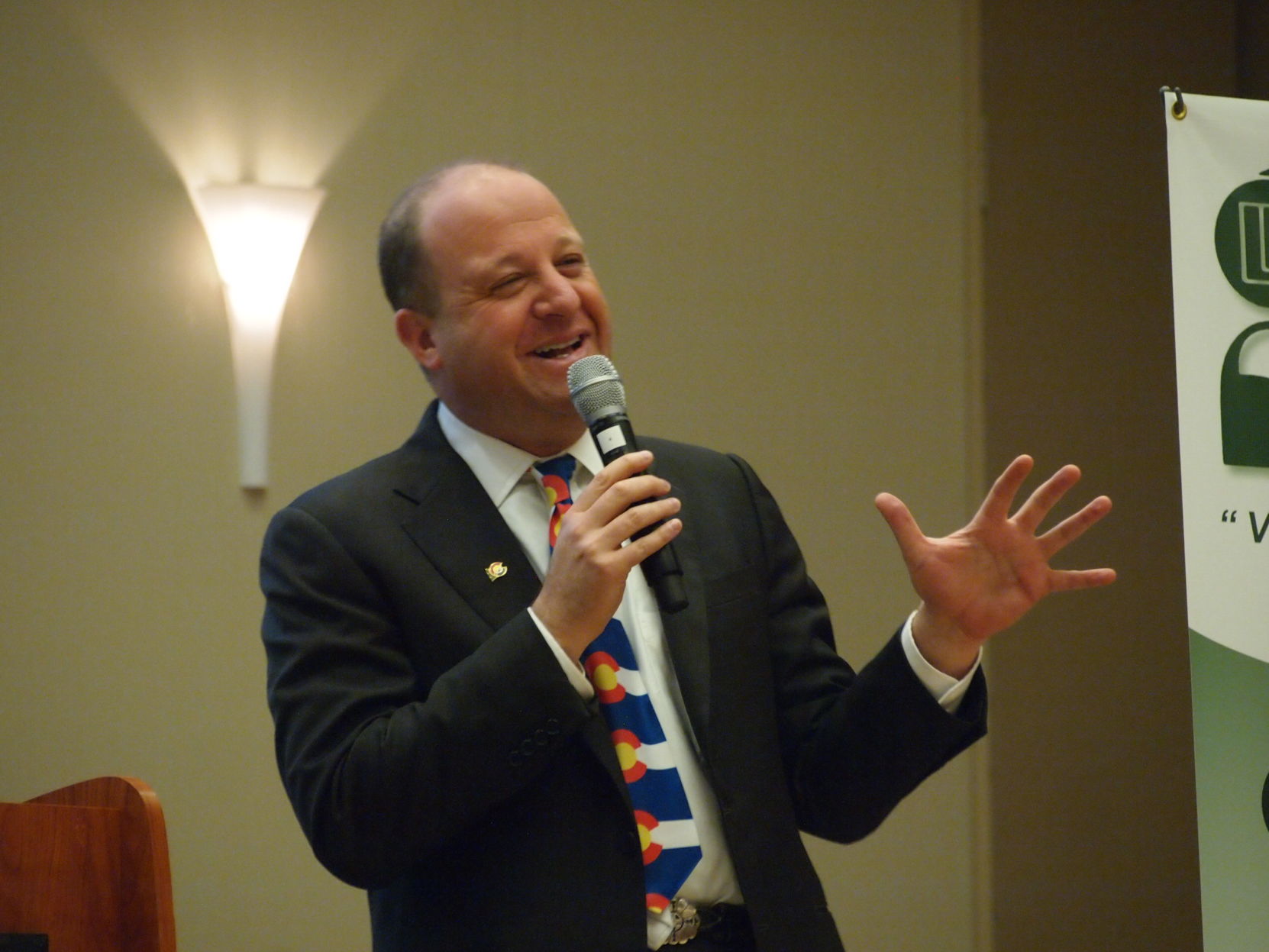
GRAND JUNCTION ? Gov. Jared Polis was on hand for Club 20’s fall conference here this year – an event that candidate Polis skipped last year.
Last year, Club 20 Executive Director Christian Reece said: “It is a shame that candidate Polis is unwilling to participate in a non-partisan forum where our voices can be heard. No gubernatorial candidate has skipped this debate in recent memory and it is a slap in the face to all of Western Colorado.”
This year, now-Gov. Polis showed up at Club 20’s conference Saturday, drawing mostly silence from the audience throughout his 30-minute remarks.
Polis began by noting he would visit a new one-stop veterans’ center on the Western Slope and would meet with Secretary of the Interior David Bernhardt later in the day to talk about plans to move the headquarters of Interior’s Bureau of Land Management to Grand Junction. BLM said Friday it had signed a lease on office space in Grand Junction.
Polis said he hopes that 27 employees — the number of senior level BLM staff moving to the Horizon Drive building near Grand Junction’s airport — is just a start, and that once the move “proves itself,” more agencies will join in.
Most of the governor’s remarks focused on the high cost of health care on the Western Slope, which he called an impediment to the quality of life and for businesses thriving in the West.
“Americans are ripped off on health care,” he said, compared to what people in Western industrialized nations pay. It’s worse in Western Colorado, he said.
Polis pointed to a bipartisan health “reinsurance” law that he signed, cosponsored by Republican Rep. Janice Rich of Grand Junction and Republican Sen. Bob Rankin of Carbondale, that he said will reduce health care premiums in Grand Junction’s individual health care market by 27%.
Under the program, the state covers the most expensive medical claims, allowing private insurers to lower rates for individuals participating in Connect for Health Colorado insurance market.
The individual market is the most price-sensitive, Polis explained, and the average family of four could save as much as $7,000 per year. That’s money that can be invested in the local economy or saving for college, Polis said.
“It’s absolutely transforming,” he said, not just for those who will save money but for those who couldn’t afford health insurance before.
Polis added that he believes the reinsurance plan — which is only intended to last for two years — will create downward pressure on health insurance rates throughout the system. “This is just the first step,” he said.
What happens after that? Polis pointed to the Peak Health Alliance in Summit County that allows businesses and those in the individual market to enter into a co-op and negotiate directly with providers and hospitals. It’s a model that could be used across Western Colorado, Polis said.
Polis’s remarks drew mostly silence from the audience, despite his nearly shouting at times in what appeared to be an effort to draw audience reaction.
The only remarks that drew a handful of applause was when Polis mentioned full-day kindergarten, which the state will cover instead of charging parents for half the cost, which was the system prior to the 2019-20 school year.
“Our fundamental challenge is how we can make the future work for us rather than against us,” he said. The Front Range has a thriving economy, but the question is how to make sure everywhere else in the state thrives as well, he said. That could come from the outdoor recreation industry, he said.
In the question-and-answer session that followed, one woman told the governor he was the reason she got more involved in politics.
“I’ve lived in Mesa County all my life,” the unidentified woman said, adding that she works in the energy industry.
“I don’t want to be dependent on recreation” for jobs, she said, explaining that people who can afford to come to the Western Slope for recreation will stop when something happens in an economic downturn (which state economists have predicted is coming in the near future). Seven thousand people left Mesa County because of the lack of energy jobs, she added.
Polis saluted her for getting politically involved. “The energy economy is very important in Western Colorado,” he replied. He acknowledged that recreation has its ups and downs, pointing to the downturn in recreation after 9/11, but energy is also dependent on international prices, he said. The BLM move means recession-proof jobs, he explained.
“The more robust and diverse [the economy], the better we’ll do in an economic downturn,” he said.
In response to reporters’ questions after his remarks, Polis reaffirmed his opposition to trans-mountain water diversions, the system that has moved water from Western Slope rivers to eastern municipalities and agriculture.
“I’m against any proposals that would divert water from Western Colorado, period,” Polis said.
When asked about last year’s snub, Polis said: “I’m always happy to visit with Club 20 when I’m in town,” adding that he’s visited with the club several times in the past year.
Club 20’s Reece is ready to let bygones by bygones. She told Colorado Politics that Club 20 is “moving on” and “building a relationship” with the governor.
“We’re all in this together,” she said.
